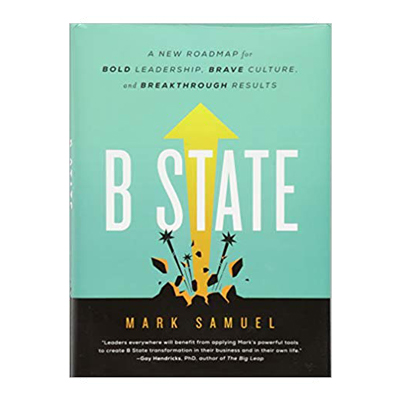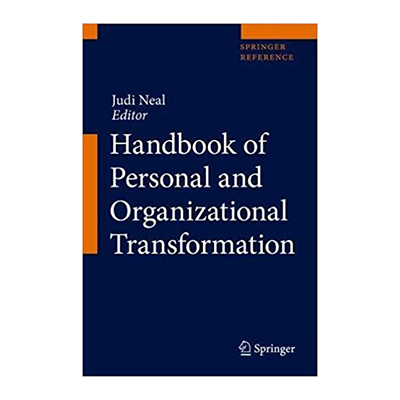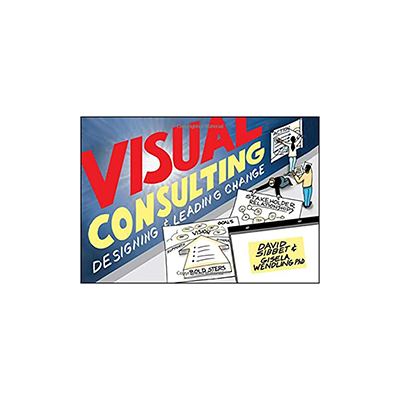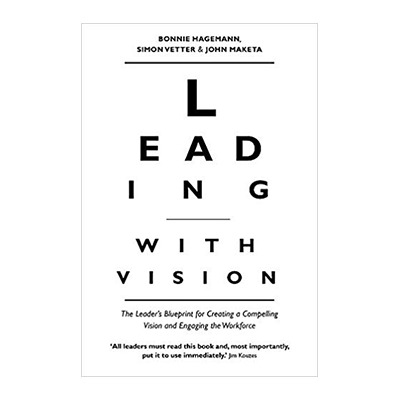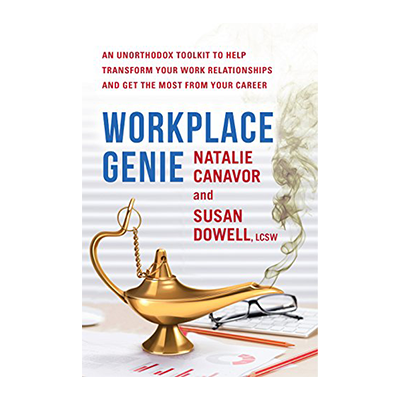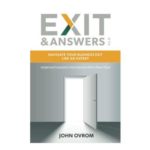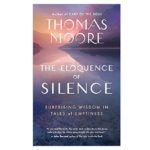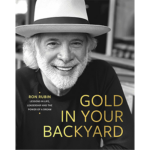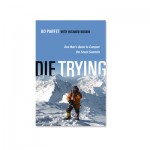- Business
- Change Management
- Interview
- Leadership
- Organizational Change
- Organizational Development
- Podcasts
- Team Building
Podcast 708 “B State-A New Roadmap for Bold Leadership, Brave Culture, and Breakthrough Results” with Mark Samuel
- May 2, 2019
- Tagged as: Business, Cultural Transformation, Leadership
Inside Personal Growth with Greg Voisen · Podcast 708: B State with Mark Samuel Being stuck is not a great state to be in. You
